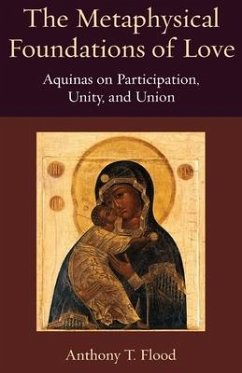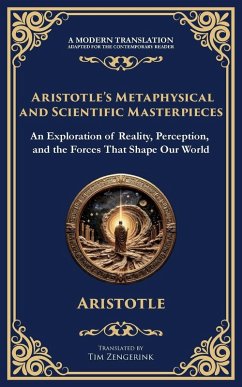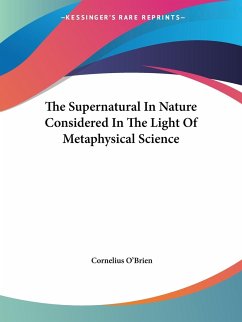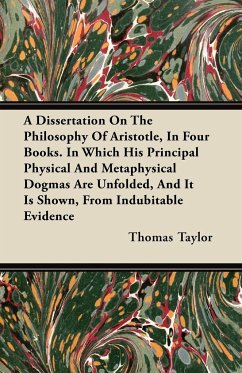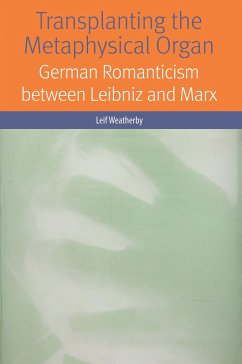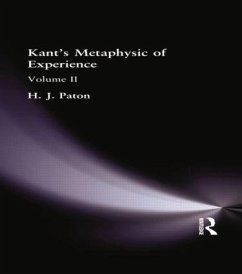
Metaphysical Horror
Versandkostenfrei!
Versandfertig in über 4 Wochen
23,99 €
inkl. MwSt.

PAYBACK Punkte
12 °P sammeln!
'A modern philosopher who has never once suspected himself of being a charlatan, ' writes Leszek Kolakowski at the start of this endlessly stimulating book, 'must be such a shallow mind that his work is probably not worth reading.' For over a century, philosophers have argued that philosophy is impossible or useless, or both. Although the basic agenda dates back tot he days of Socrates, there is still disagreement about the nature of truth, reality, knowledge, good and God. This may make little practical difference to our lives, but it leaves us with a feeling of radical uncertainty described ...
'A modern philosopher who has never once suspected himself of being a charlatan, ' writes Leszek Kolakowski at the start of this endlessly stimulating book, 'must be such a shallow mind that his work is probably not worth reading.' For over a century, philosophers have argued that philosophy is impossible or useless, or both. Although the basic agenda dates back tot he days of Socrates, there is still disagreement about the nature of truth, reality, knowledge, good and God. This may make little practical difference to our lives, but it leaves us with a feeling of radical uncertainty described by Kolakowski as 'metaphysical horror'. Is there any way out of this cul-de-sac? This trenchant analysis confronts these dilemmas head on. Philosophy may not provide definitive answers to the fundamental questions, yet the quest itself transforms our lives. It may undermine most of our certainties, yet it still leaves room for our spiritual yearnings and religious beliefs. Kolakowski has forged a dazzling demonstration of philosophy in action. It is up to readers to take up the challenge of his arguments.




